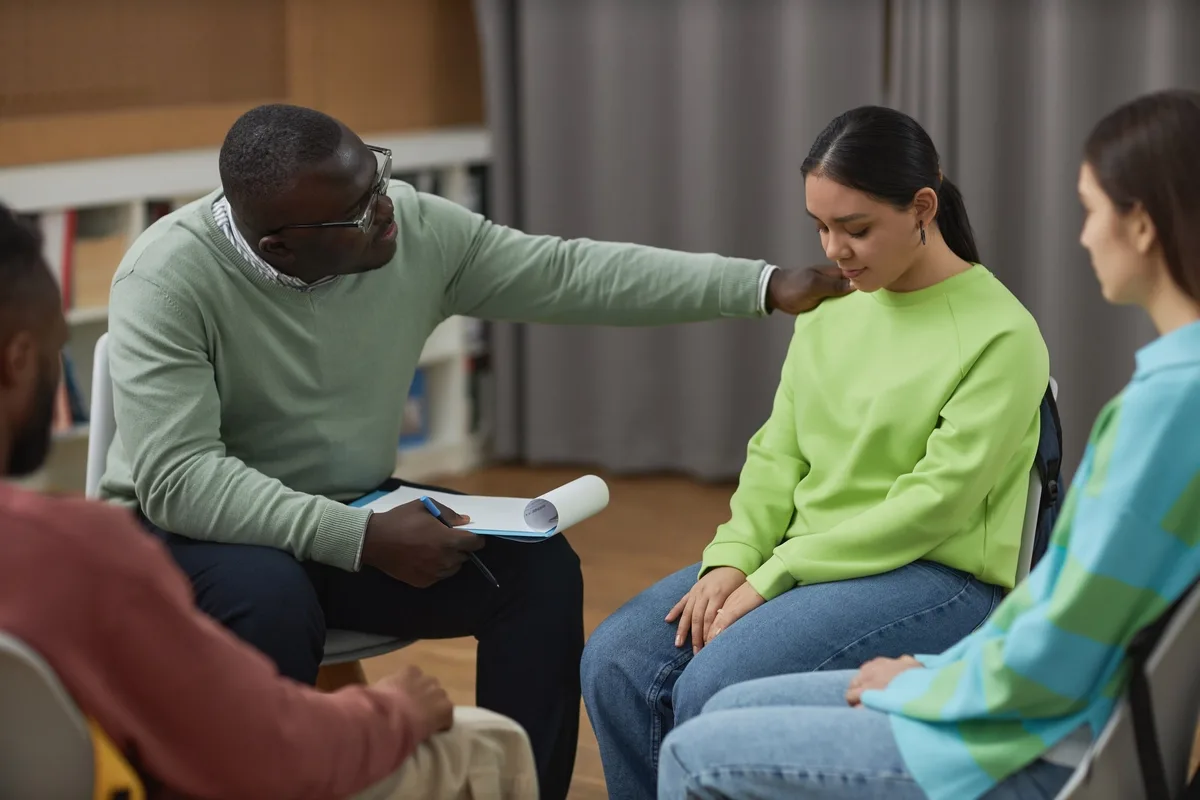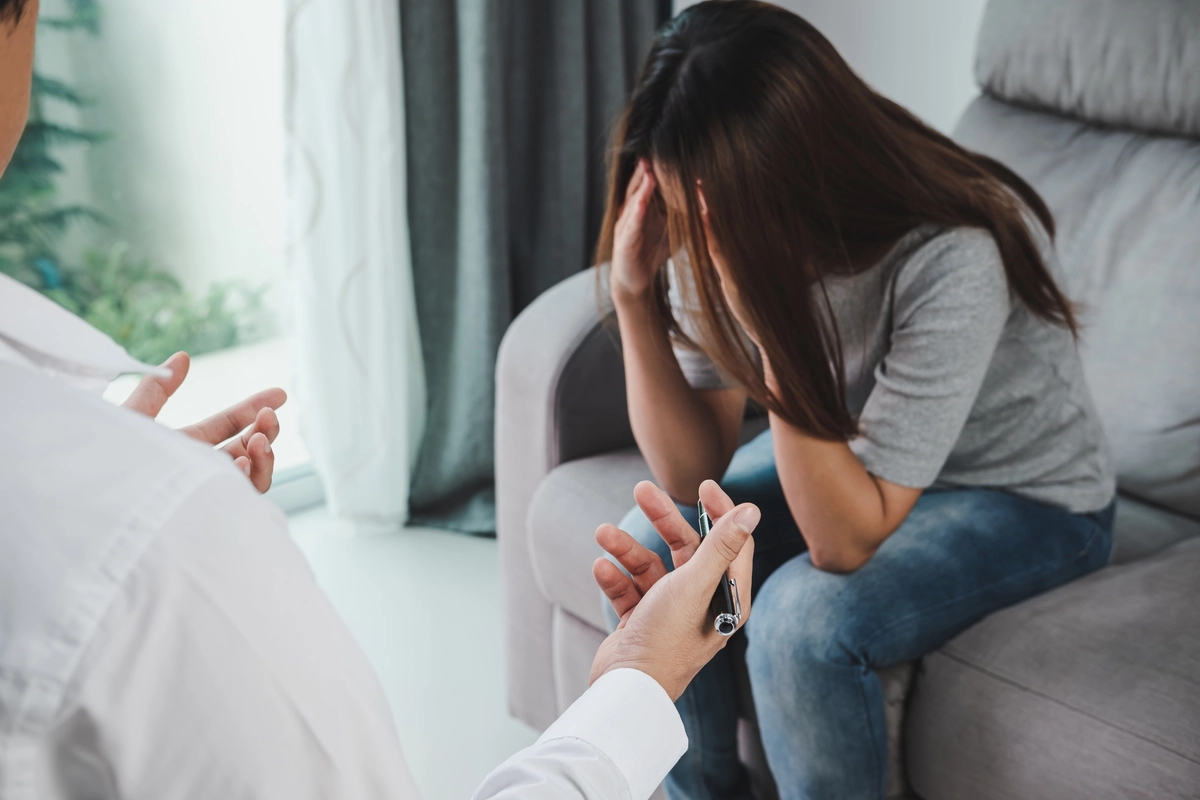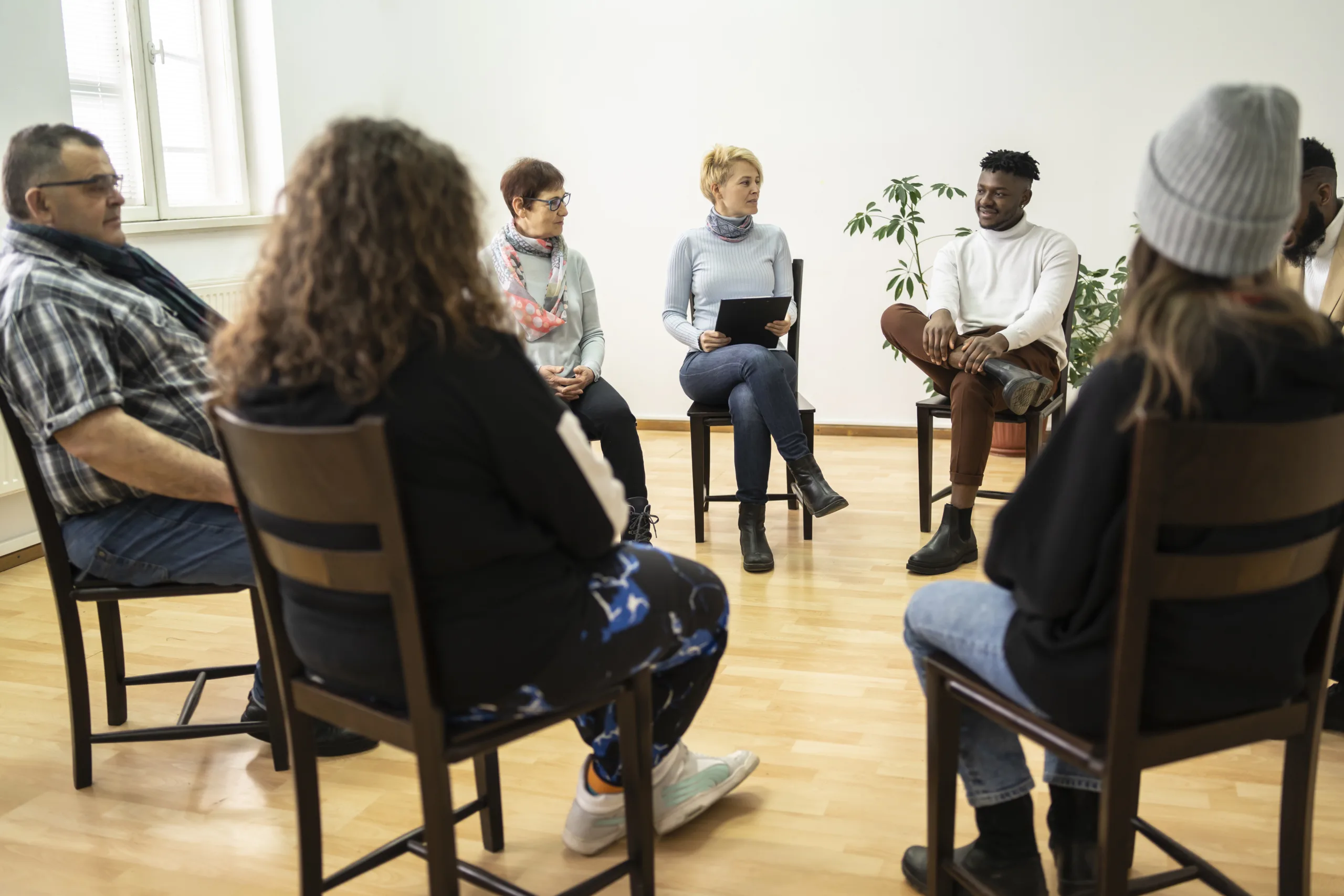24/7 Helpline:
(866) 899-221924/7 Helpline:
(866) 899-2219
Learn more about PTSD Treatment centers in Columbia
PTSD Treatment in Other Cities

Other Insurance Options

EmblemHealth

ComPsych

MHNNet Behavioral Health

Horizon Healthcare Service

Sliding scale payment assistance

Ambetter

Oxford

Magellan

CareSource

Covered California

Highmark

BlueCross

Medical Mutual of Ohio

UnitedHealth Group

United Health Care

Absolute Total Care

Molina Healthcare

Carleon

Anthem

Regence








